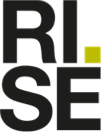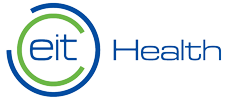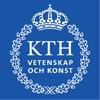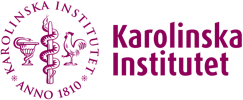Have you ever played the game where players form a queue, and the first person on the queue whispers a message to the second person, who whispers to the person next in line. This goes on until the last person get that whispered message and then repeats what she heard. The final message is compared to the original message, giving a moment of both laughter and wonder on how the message got distorted. (Here is an example, as late night show host Jimmy Kimmel with the cast of Avengers played prior to a show). Well, I am asking you through describing the game mechanism rather than giving it a name because we never agreed on one. Telephone, Chinese Whisperers, Grapevine, Russian Scandal or even the Téléphone Arabe (French for Arabic Telephone) are few names (Viskningsleken in Swedish). It just seems that people could not fathom how information could be lost if all spoke the same language. So, the French called it the Arabic Telephone, other nations called it Chinese Whisperers or Russian Scandal as Arabic, Chinese and Russian are presumably hard to understand. Funny enough, if a group of Chinese (respectively Russians) play the same game, speaking Chinese (respectively Russian) they still get the same laughable outcome as Frenchmen playing in French.
Information is important in every step of the cycle of care. Description of symptoms, medical discussions between hospital staff, or interactions between patients and caregivers, are all aspects where information is exchanged, communicated or explained. In these contexts, every detail is important and the cost of miscommunication can be costly for everyone involved. Telephone is only an example of a simple linear form of communicating information, it shows however how easily information is lost. While the etymology of the name indicates that the blame was put on the language, the reality shows otherwise. Healthcare is a more complex context; and while it is not a game it has its own risks for miscommunication and distortion of information. Eliminating the sources of such miscommunication can only improve the outcomes for patients in the healthcare system. Outcomes can be early diagnosis, possibility of better treatment or even smoother workflow for healthcare personnel, which can improve outcomes for hospitals in general.
Team medicine during its time at Norrtälje Hospital tio100 investigated the workflow at the medicine clinic including rounds. Rounds are the moment when doctors and nurses go through all the patients at the ward to review their progress, assess their state, and plan the future care. During this time the patient gets the chance to both hear and participate to his plan. The amount of information that is exchanged between doctors, nurses and patients is important and the risk of miscommunication exists. Hence, it is crucial to have the best setting and environment for these rounds to be efficient.
The team will present this together with other needs identified in the hospital on Monday next week. During the same week we will move on to the scalable needs as we head into our first business mentor meeting to get feedback on those needs. We will be back with more updates in November as we have a lot coming up. A visit to Barcelona sister program, EIT Health Network event in Budapest, and plenty of meetings. We will also propose 3 master thesis projects for students in different areas of studies. Keep following clinicalinnovation.se to get all the updates.
Elhabib,
Engineer in Team Medicine






